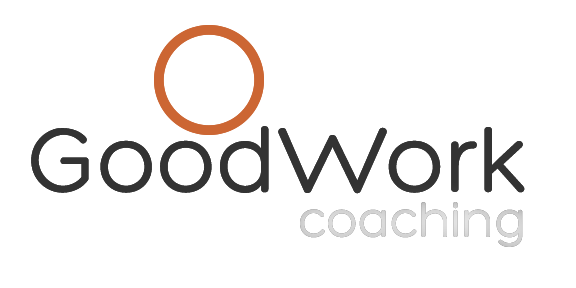Anatomy of Resilience
Resilience is a natural internal capacity in all of us to respond with creativity, clarity, strength, and care to any situation or experience we have….. (take a moment to think about that).
When we respond in this way we take advantage of our challenges by turning them into opportunities for growth and development, rather then being crippled by them. Critical to this topic is the primacy of awareness and choice in the cultivation of resilience. Awareness and choice are the means by which we respond well to life. Our capacity for awareness and choice are developed through deliberate application, or in other words practice. The more we pay attention on purpose and choose our responses, the stronger these capacities grow within us.
Our main challenge on the road to resilience is our strong allegiance to habitual reactivity. Habits are useful because they don't cost our system much energy. They are also not useful in that they are mostly unconscious/out of our awareness, and we tend to rely on them even if the situation is calling for something else. It is therefore important to understand the cycle of habitual reactivity, and then get a sense of how and where we can work with these patterns.
It is important to highlight one key component of our habit nature, and that is our response to stress. Cultivating resilience is very tied to our ability to rest or recover from/release the stress we generate in our systems. If we are suffering from incomplete stress recovery, we will not have access to our more resilient nature. So investigating how our habitual nature shows up in our response to stress is very important. Most of us habitually turn to behaviors that mimic recovery from stress such as: eating, drinking alcohol, taking other intoxicants, sex, “venting,” isolating ourselves, watching tv, etc. We’ve become habituated to these behaviors because most of them do make us feel a little better. However they generally don’t take us all the way to full recovery, and importantly we become attached to needing those external things in place for us feel better. This is the basis of addiction.
Again, being able to disrupt automatic habits, and reside more fully in a place of choice or authorship is the essential resilience capacity from this perspective. Although a simple concept, this can been challenging to enact. No matter how resourced and healthy we are, disrupting our habitual tendencies will be uncomfortable. There is no way around this. Making friends with our discomfort and eventually coming to understand it as the vanguard of our development & overall resilience is of critical importance. In the interesting space between feeling discomfort, and what we choose to do next lies the heart of our efforts. As Viktor Frankl said:
“Between stimulus and response there is a space. In that space is the power to choose our response. In our response lies our growth and our freedom.”
At this point the question emerges, “what, then, do I choose in that space?” As nice as it would be, there is no easy one size fits all answer to this question. First of all, if you are truly choosing your response, then that in itself is an act of resilience. Secondly, each and every one of our systems are unique, and what is important or resourcing or too triggering for one system will not be the same to another. This is where our attitude plays a big role. If we can reduce our aggression, find some care and good will towards ourselves, engage our curiosity, and commit ourselves to running resiliency experiments, then we will give ourselves the best chance in emboldening our resilience. As we iterate and learn from our experiments in resilience, we begin to customize our personal resilience training regime or rituals or practices or whatever language fits you best. The point here is that through consistent application of our attention and awareness, purposeful disruption of our habits, and deliberately committing to resiliency enhancing experiments with a mind of curiosity and care, over time our system will rewire itself in favor of resilience and promote a self-generative resiliency loop.
You have this power. Your life could be like that. I wish you the best of luck.

